Newlat’s exit from Princes takeover talks reflects a market in which deals are not getting done. What’s stalling activity, and will it pick up?
The Japanese owner of Princes had been seeking a buyer for its ambient food supplier Princes for over a year when Italian food group Newlat announced it had pulled out of talks in February.
Such events are not unusual in a competitive sales process, but the Princes process – which was paused last summer due to lower than hoped for bids – provides an indication of how difficult it has been to get deals over the line recently.
Numerous other processes paused, pulled or delayed are thought to include Butcher’s Pet Care, 2 Sisters-owned Gunstones Bakery, ice cream brand Jude’s and many others.
A study of the UK food and drink M&A market by advisory group Grant Thornton shows some activity uptick in 2023, but it remains well below pre-Covid levels after dealmaking effectively froze in the second half of 2022.
The report shows UK food and beverage M&A was up 41% compared with the lows of the previous year, which had been the lowest level of dealmaking for over a decade.
In total, 164 deals were done, down from 116 in 2022 but still short of the 200-plus in each of the five years leading to 2020.
Notably, growth optimism last summer proved ill-founded, with fourth quarter deal volumes reversing five quarters of consecutive growth.
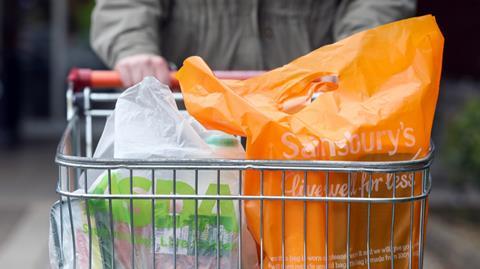
“An environment where inflation has been double-digits and interest rates continued to rise has been a very challenging time to deploy capital,” says Nicola Sartori, lead of GT’s M&A retail and consumer brands team. “Buyers need a strong element of stability to invest and it is difficult to have a great degree of confidence about where the market is going in that macroeconomic backdrop.”
The two linked but separate headwinds of inflation and rising interest rates have been a double-whammy for the sector – with inflation undermining confidence in supplier margins and consumer spending, and interest rates hitting buyers’ ability to raise capital.
Interpath director Thomas Swiers says this has elongated deal processes because of the “deeper due diligence requirements from acquirers”.
It has also led to sharply differing valuation expectations between buyers and sellers, thanks to both the volatility in underlying performance due to soaring inflation, and lower multiples given fewer buyers in the market.
Shore Capital analyst Clive Black explains: “High base rates generally mean more rationality as less money chases deals. It means, therefore, that entry/exit multiples fall, albeit it takes time for reality to dawn for some vendors.”
M&A deals that did get done
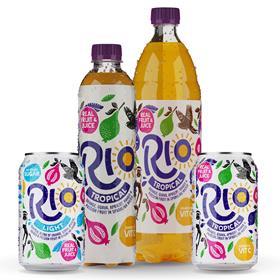
AG Barr buys Rio Tropical for £12.3m
The Irn-Bru maker expanded its soft drinks portfolio in October 2023, acquiring complete control of the Rio brand it had distributed under licence since its acquisition of Boost in 2022. The deal followed its acquisition of Moma Foods in December 2022.
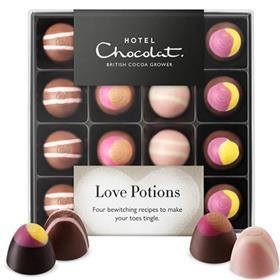
Mars buy Hotel Chocolat for £534m
US confectionery giant Mars snapped up listed chocolate retailer and supplier Hotel Chocolat in November 2023. Although its shares had lost value as it struggled to expand internationally, the deal represented a significant return on the IPO value of £167m in 2016.
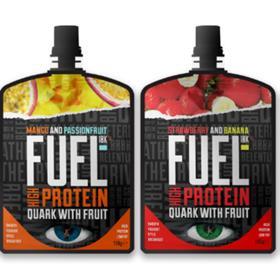
Premier Foods buys Fuel10K for £34m
Premier Foods confirmed it was back on the acquisitive growth trail, with a November 2023 deal to acquire breakfast player Fuel10K following its purchase of The Spice Tailor in July 2022. The deal followed its launch of Ambrosia porridge pots.
Distressed opportunity
The economic environment has also increased the proportion of distressed acquisition opportunities in the sector. Nurture Brands MD Adam Draper notes this favours buyers, such as itself, which can move quickly in time-sensitive situations, “rather than risk-averse larger players who can get tied up in due diligence and slow decision-making”.
Black notes higher rates also tilt the scales away from debt-driven buyers, such as private equity, towards trade players.
UK food and drink assets certainly seem to have become less attractive to international dealmakers. GT found the overwhelming majority of 2023 activity was domestic (80%, up from 75% in 2022) as disruption to global supply chains caused buyers to focus in-market.
However, there was a slight uptick in private equity activity last year, accounting for 37% of deals (60) from 33% in 2022 (38).
These were typically not big bets – with 57% of PE deals being minority stakes and VC funding – but it does suggest more confidence in the consumer-facing sector.
Sartori sees reasons for cautious optimism over the return of PE players to the sector.

Underlying appetite has been helped by the Bank of England holding interest rates at 5.25% since August and grocery inflation falling to its lowest level for two years, according to Kantar this week, at 5.1%.
“With interest rates plateauing there is definitely more opportunity to get more debt back into deals,” she says. “But more than that there is still a lot of dry powder with private equity and money that they’ve raised that they need to deploy.”
She notes UK food and drink assets will not have been high on investors’ wishlists, but falling inflation and stronger UK supermarket performance suggests pressure on groceries and UK consumers is easing.
“There has been more stability over the past 12 months, so it feels that the brakes are coming off those factors that have inhibited investment,” Sartori says. That has improved clarity on company forecasts, though, she says, it may take longer for comfort around suitable multiples to emerge, as there has not been the level of transactions to set benchmarks.
There are already signs of opportunity for consolidators to bring together brands in fragmented sectors and benefit from larger scales, as seen by a spate of activity in the craft brewing space, and by Nurture Brands and Veg Capital consolidating brands in plant-based.
Read more:
-
Wincanton bidding war heats up as GXO tables £760m rival offer
-
Newlat puts blame on ‘challenging market’ as it exits Princes deal
-
Vegan Food Group acquires Germany’s TofuTown
GT associate director Tor Johnson suggests vertical integration will also be an area to watch, as companies focus inwardly on supply chain efficiencies and cost effectiveness to rebuild margin.
“The Ukraine conflict disrupted supply chains for lots of food businesses, so that desire to safeguard against cost volatility and manage inflation could lead to those kinds of strategic acquisitions,” she says.
The obvious caveat to the green shoots of optimism is the potential for more global shocks, given increased levels of geopolitical instability.
But it is undeniable there is pent-up demand for dealmaking – both investment cash and on company balance sheets – as activity has now been suppressed for nearly four years.
Sooner or later that pent-up demand needs to be released. Food companies need growth to survive and private equity needs to invest to thrive. The strengthening trickle of deals so far this year suggests the brakes are beginning to come off, but it has been a while since that optimism led to tangible results.







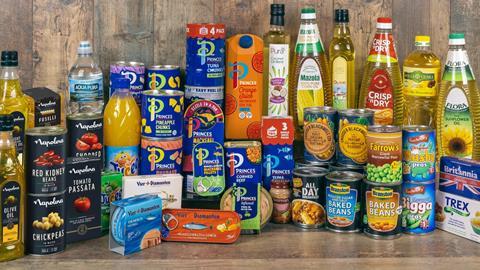



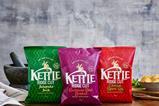

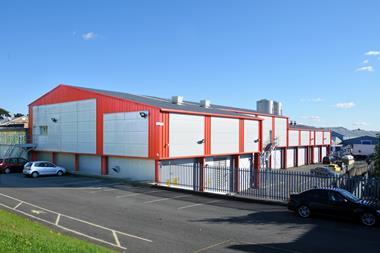
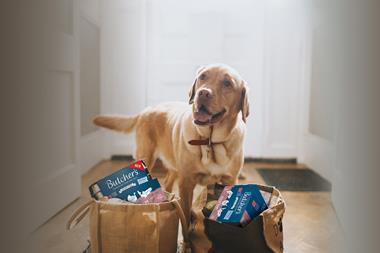
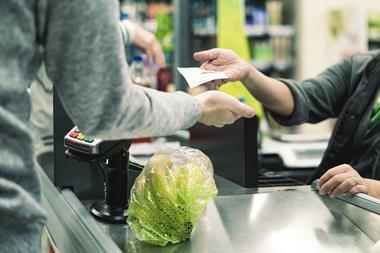

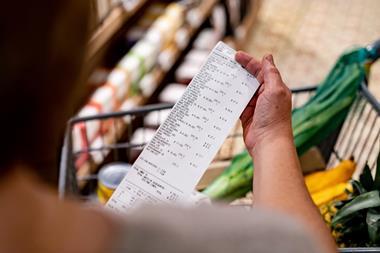
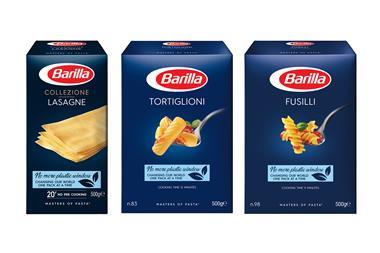
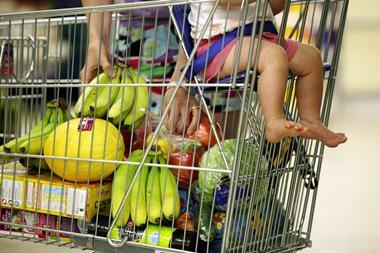





No comments yet